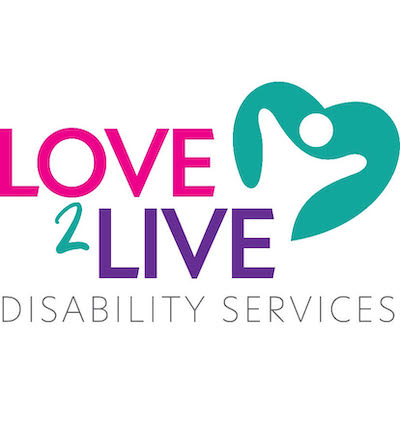When we talk about supports available under the National Disability Insurance Scheme (NDIS), one particular phrase consistently springs to mind – ‘reasonable and necessary’.
According to the Agency responsible, in order to be considered reasonable and necessary, a support or service:
- must be related to a participant’s disability
- must not include day-to-day living costs not related to your disability support needs, such as groceries
- should represent value for money
- must be likely to be effective and work for the participant, and
- should take into account support given to you by other government services, your family, carers, networks and the community.
Five things you need to know about NDIS supports
Even with this guidance, the concept might sound pretty vague – not to mention subjective. To help steer you in the right direction, here are five key points to keep in mind when you’re going in to bat for your NDIS Plan.
1. The support will assist the participant to pursue the goals, objectives and aspirations included in the participant’s statement of goals and aspirations;
If nothing else persuades you to take the concept of goals seriously, this really should. Having tangible objectives included within your participant statement is absolutely critical to the supports granted.
You need to know, and be able to articulate, what you hope to achieve as a result of your NDIS package. The scheme is massively goal orientated, so skip this step at your peril!
2. The support will assist the participant to undertake activities, so as to facilitate the participant’s social and economic participation;
The NDIS is big on social and economic participation – isn’t that the overarching hope each and every one of us has? To live a connected and fulfilling life? And while employment might be a reasonable objective in your life, it’s not an absolute. As a concept, it’s more broadly about the ability to extend your sphere and get involved in life out in the world – to spend your own money and pursue your own interests. So, make sure you think about what that might look like for you.
3. The support represents value for money in that the costs of the support are reasonable, relative to both the benefits achieved and the cost of alternative support;
Quite reasonably, the NDIA want to make sure you (and therefore they) get the maximum bang for your buck. And while value for money doesn’t automatically mean ‘cheapest’, if there is a less expensive, comparable, option the NDIA will likely want you to consider it. Or indeed the sum might come down to choosing an option that carries a higher short-term cost, for a better long-term outcome.
4. The support will be, or is likely to be, effective and beneficial for the participant, having regard to current good practice;
It sounds eminently sensible, but the NDIS will not fund supports if there is evidence to suggest they won’t work. Equally that might be frustrating, if there are supports that work for you that the NDIS typically won’t consider. In that case, the onus is on you to provide expertly documented evidence that you have benefited.
5. The funding or provision of the support takes account of what it is reasonable to expect families, carers, informal networks and the community to provide;
Expectations of informal supports are different particularly depending on your age –what it’s reasonable to do for a young child is very different for an older adult. If you’re over 18, the NDIA considers issues such as:
- the extent of support required, and whether it’s appropriate for it to be delivered informally
- the impact on and risk to both you and others if supports were to continue being provided on this basis.
It’s also worth clarifying that the NDIS doesn’t typically fund family members to provide funded supports.
So, what now?
When you’re preparing for your planning meeting, the elements above are crucial. Your Planner will only know what you share with them, so be prepared to provide a compelling argument for why the supports you’re asking for are both fair and needed because of your disability.
Preparation is everything! If you still have questions, let us know how we can help.




